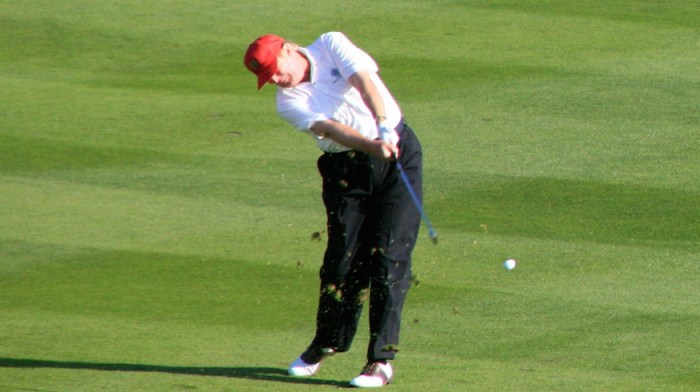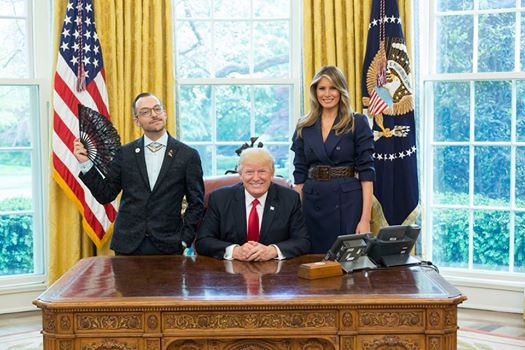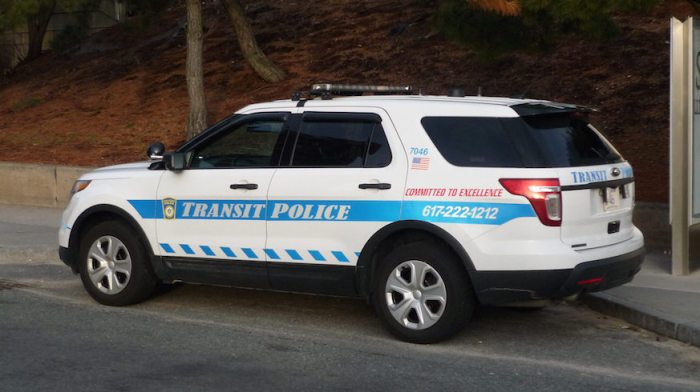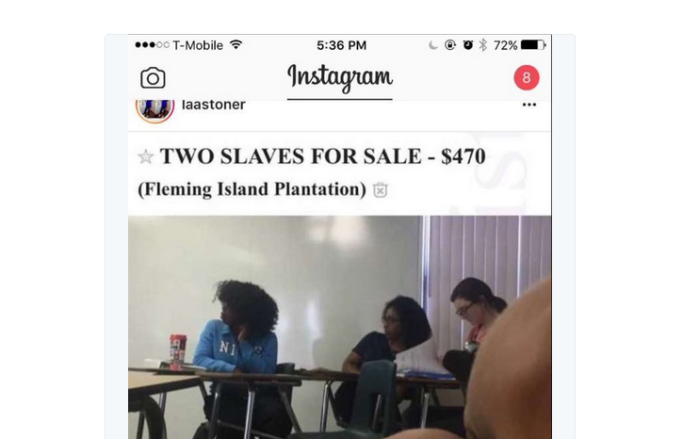In four years, Black Lives Matter went from a hashtag about social injustice to a full-fledged global civil rights movement.
Metro spoke with Patrisse Cullors, who cofounded Black Lives Matter with Alicia Garza and Opal Tometi in 2013, about its evolution, fighting racism in the age of Trump, her upcoming memoir and what saying “all lives matter” really means.
What is the biggest misconception you find people have about Black Lives Matter?
Patrisse Cullors: That we just started a hashtag. That it isn’t a sophisticated set of ideas that would lead to a larger strategy to build out, a powerful network. That Black Lives Matter is every black organization — we are one of many black-led organizations across the country. That Black Lives Matter only cares about black people in America.
How do you feel when someone counters “black lives matter” with “all lives matter?”
You definitely don’t care about black folks if you say “all lives matter.” We all know that all lives matter, that’s a very obvious take, but what people are missing when they refuse to say “black lives matter” is that black folks have the shortest end of the stick — they have historically, and they do currently. Until we address and end black racism, we are not going to see the freedom of all human beings.
Do you think America will ever be racism-free?
I do — if we remember that the popular vote did not get Trump in office. That’s a great sign. Will it be in my generation or my child’s? I don’t think so, but many people didn’t think we’d see a black president, and we did.
We are living in a country that will elect one of the most progressive people in the history of America, and then elect one of the most regressive racists, so anything is possible (laughs). Only in America.
What are your thoughts on President Trump?
What we’ve seen in the last few months with this administration that’s dubbed “the law and order administration,” they privilege police and law enforcement over the lives of the people most vulnerable, which are black folks and other marginalized groups. Where he encouraged law enforcement to brutalize individuals that they take, I think they have made it clear that Black Lives Matter isn’t a friend to this administration, and they see it as a foe.
How has BLM adapted to his administration?
One thing is the deep desire to build coalitions with other groups of marginalized people. We were the first ones to show up when the Muslim ban happened to airports in New York and L.A. to stand up for the Muslim community. There’s support for the Affordable Care Act, and we’ve been on the front lines fighting for Planned Parenthood and reproductive rights and maternal justice.
What, to you, is the most important BLM focus?
They’re all of equal importance, but because so much of the focus of the media is on the Trump administration, we’re not seeing much of the conversation around the killing of black people by law enforcement. I think that’s deeply unfortunate because we haven’t seen law enforcement be accountable.
You’ll publish a joint memoir with Asha Bandele in January. What can you tell me about “When They Call You A Terrorist: A Black Lives Matter Memoir?”
This is the story of what it looks like to grow up in the ’80s and ’90s from a young black girl’s perspective in Los Angeles.
You’re going to hear about me living in a community that was over-policed and over-incarcerated. You’re going to hear about my coming-out story and what it meant and what it means to be a person who had to live a lot of my life visiting people inside jails and prisons and how all of that really brings me to helping create the start of Black Lives Matter.
For many people, they only know me for Black Lives Matter, but I’ve been doing movement-building work, advocacy work and grassroots work since I was 17, and I’m 34. Black Lives Matter was a moment and a hashtag and now a global movement that I helped start, but it isn’t the beginning of the end for my work.
Were there passages that were difficult to write?
I think the passage and the chapter that was most difficult for me to write was on my brother, Monte, who is my hero and who has also been really demoralized by the police state and spent a lot of time in prison and suffers from schizoaffective disorder.
I wrote about his imprisonment and the impact it had on me and the work I did and the work my community did to help get him out of prison and keep him from getting a life sentence and, once he came home, supporting his stability. That chapter was a lot of tears and feelings about this country.
Like so many at that age, you left home at 16 because of your sexuality. What kept you going?
My friends, my community, all the other queer kids that I was with. For young, queer kids and trans kids who are often isolated in their towns, communities and their own homes, this is a book to remind folks that the power is in our community and building a community who really can and will take care of us.
What is the future of Black Lives Matter?
I see a continuation of what we’ve been doing the past four years and a continued evolution. I think that’s what makes our movement really powerful. We’re willing to evolve, so I think continued evolution, continued work and a very dedicated presence around fighting and winning against the current administration of the right and conservative party.























